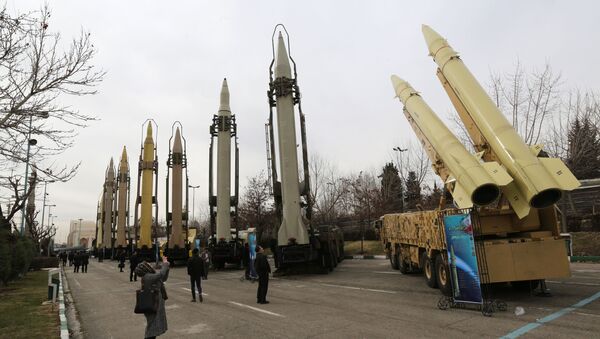Iran has rejected US authorities’ advice vi-a-vis the path the country should take when dealing with Washington, adding that the Islamic Republic will stick to its long-standing policy of resisting the American pressure.
“We have seen nothing to respond to other than illegal sanctions, economic war and terrorism from the US government,” Seyyed Abbas Mousavi, the spokesman of Iran’s Foreign Ministry said Saturday.
#Iran rejected the #US proposal for #talks, saying for the US government, #diplomacy is nothing more than #sanction and #economic_war against Iran. pic.twitter.com/thdB8dYHHW
— Iran Gov Website (@Iran_GOV) 30 июня 2019 г.
“Iran reciprocates diplomacy with diplomacy and pressure with resistance.” he added.
The comments came in response to an interview given by US National Security Council spokesman Garrett Marquis, in which he lashed out at Iran for what he referred to as a failure to reciprocate the US President’s “pursuit of diplomacy” regarding Tehran’s nuclear agenda.
According to the deputy chief of the Islamic Revolution Guards Corps (IRGC), Rear Admiral Ali Fadavi, the standoff between Iran and the United States is a conflict between good and evil which has already spanned forty years, ISNA reported, citing him as saying that no one in the world would dare to take action against the US, unlike his home country, which has openly and successfully confronted the foe.
Since Trump unilaterally pulled out from the iconic 2015 Iran nuclear deal and tried to talk the US’ Western allies into following suit, Iran has threatened to resume nuclear enrichment if the deal is not safeguarded from American sanctions, several rounds of which have already been slapped on Iran since the May 2018 withdrawal.
Although it is claimed US sanctions against Iran do not target medicine or hospitals, they have led to limited medical supplies, making life difficult for patients.#I_ASK_YOU to retweet, maybe it brings about helpful results.@parsisotope
— Kianooshsaniei (@Kianooshsaniei1) 30 июня 2019 г.
The tensions, which began to spiral upwards at the time of the US withdrawal, spiked severely earlier this month after Iran shot down a US surveillance drone as it was moving over Hormozgan Province having, according to Iran, violated the country's airspace. The US Central Command responded by denying the incident, arguing that the drone was taken down during the operations over international waters in the Strait of Hormuz. However, Iran shortly lodged a complaint to the UN in connection with the violation of its airspace, the semi-official Tasnim news agency reported.
The incident prompted Trump to mull a strike against the Islamic Republic, but he later declared he had called off the potential attack because he believed the projected casualty rate of 150 deaths was disproportionate to the US loss of a piece of surveillance equipment.


